The African apple fruit, commonly known as the Agbalumo or African star apple, is a tropical fruit that is native to West Africa. It is well-loved for its unique flavor and various health benefits. In recent years, there has been a growing interest in the commercial potential of this fruit due to its nutritional value and versatile applications. In this article, we will delve into the nutritional composition of African apple fruit and explore its expanding business opportunities. Nutritional Value: African apple fruit is highly nutritious, making it a valuable inclusion in a healthy diet.
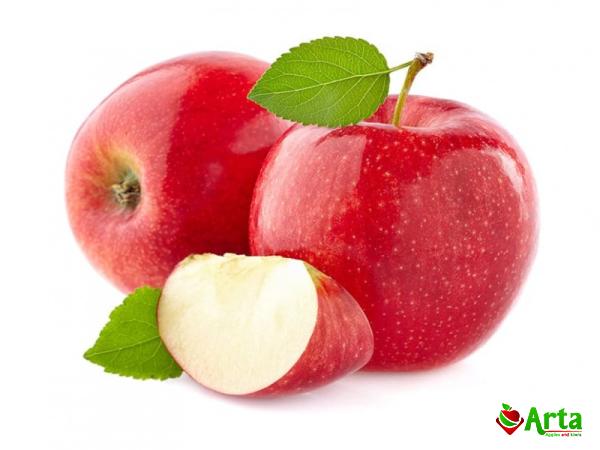
.
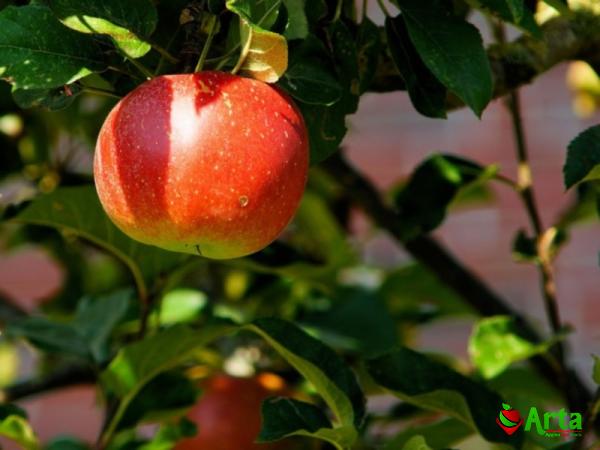 It is a rich source of vitamins A, C, and E, which are known to boost the immune system and promote overall well-being. The fruit is also packed with antioxidants, such as flavonoids and phenolics, which have significant anti-inflammatory properties. Furthermore, it contains high quantities of dietary fiber, which aids in digestion and promotes satiety. Commercial Applications: The increasing demand for healthy and natural food products has created a market opportunity for African apple fruit. The fruit can be consumed fresh, or its pulp can be processed into various products such as jams, jellies, juices, and even wines. The versatility of African apple fruit makes it a desirable ingredient for health-conscious consumers, both domestically and internationally. Health Benefits: Apart from its exceptional nutritional profile, African apple fruit is believed to have numerous health benefits.
It is a rich source of vitamins A, C, and E, which are known to boost the immune system and promote overall well-being. The fruit is also packed with antioxidants, such as flavonoids and phenolics, which have significant anti-inflammatory properties. Furthermore, it contains high quantities of dietary fiber, which aids in digestion and promotes satiety. Commercial Applications: The increasing demand for healthy and natural food products has created a market opportunity for African apple fruit. The fruit can be consumed fresh, or its pulp can be processed into various products such as jams, jellies, juices, and even wines. The versatility of African apple fruit makes it a desirable ingredient for health-conscious consumers, both domestically and internationally. Health Benefits: Apart from its exceptional nutritional profile, African apple fruit is believed to have numerous health benefits.
..
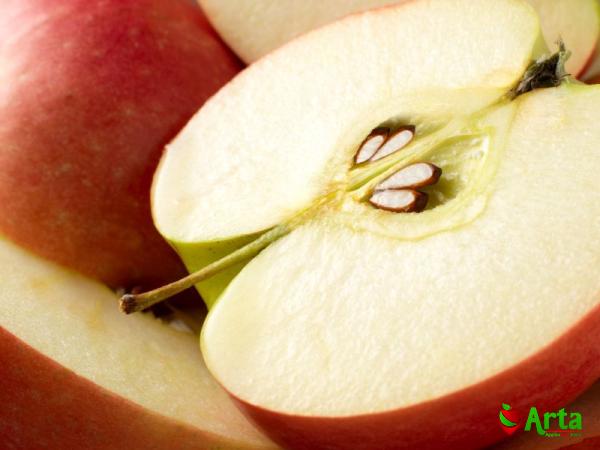 Its antioxidants help in reducing the risk of chronic diseases, such as heart disease and cancer. The fruit’s high fiber content aids in regulating blood sugar levels, making it a valuable addition to diabetic-friendly diets. Additionally, African apple fruit is also known to possess antimicrobial properties, which can contribute to improved oral health. Market Potential: As the popularity of African apple fruit continues to rise, there are significant business opportunities for both local farmers and international exporters. The fruit’s unique taste and nutrient-rich content make it an attractive offering in the global fruit market. With proper cultivation techniques and efficient distribution channels, African apple fruit can become a valuable export commodity, generating revenue and promoting economic growth for regions that produce it. Sustainability and Farming Practices: Promoting sustainable farming practices is essential to ensure the long-term viability of the African apple fruit industry. By incorporating eco-friendly techniques such as organic farming, farmers can optimize yields while reducing the environmental impact. Additionally, investing in research and development to improve cultivation methods will further enhance the quality and quantity of African apple fruit produced. Conclusion: The African apple fruit holds immense potential as a nutritious and commercially valuable tropical fruit.
Its antioxidants help in reducing the risk of chronic diseases, such as heart disease and cancer. The fruit’s high fiber content aids in regulating blood sugar levels, making it a valuable addition to diabetic-friendly diets. Additionally, African apple fruit is also known to possess antimicrobial properties, which can contribute to improved oral health. Market Potential: As the popularity of African apple fruit continues to rise, there are significant business opportunities for both local farmers and international exporters. The fruit’s unique taste and nutrient-rich content make it an attractive offering in the global fruit market. With proper cultivation techniques and efficient distribution channels, African apple fruit can become a valuable export commodity, generating revenue and promoting economic growth for regions that produce it. Sustainability and Farming Practices: Promoting sustainable farming practices is essential to ensure the long-term viability of the African apple fruit industry. By incorporating eco-friendly techniques such as organic farming, farmers can optimize yields while reducing the environmental impact. Additionally, investing in research and development to improve cultivation methods will further enhance the quality and quantity of African apple fruit produced. Conclusion: The African apple fruit holds immense potential as a nutritious and commercially valuable tropical fruit.
…
 Its unique flavor, health benefits, and versatility make it an excellent choice for both domestic and international markets. By capitalizing on sustainable farming practices and investing in the processing and distribution of African apple fruit products, farmers and entrepreneurs can tap into this emerging market and contribute to the growth and development of the fruit industry.Furthermore, the growing interest in plant-based diets and the demand for exotic fruits have created an opportunity to promote African apple fruit as a superfood. With its impressive nutritional profile and health benefits, it can be marketed as a powerful addition to smoothies, health bars, and other health-focused products. In terms of market potential, the African apple fruit has already gained popularity and recognition in local markets in West Africa. However, there is great potential for expansion and export to other regions across the globe. By showcasing the unique flavor and health benefits of the fruit, exporters can tap into the growing international market for exotic fruits. To fully capitalize on the commercial potential of African apple fruit, it is crucial to invest in research and development. This will help identify new product applications, improve cultivation techniques, and extend the fruit’s shelf life. Collaboration with food scientists and nutritionists can help in developing innovative products that cater to the health-conscious consumer market. Education about the African apple fruit is also essential for its commercial success.
Its unique flavor, health benefits, and versatility make it an excellent choice for both domestic and international markets. By capitalizing on sustainable farming practices and investing in the processing and distribution of African apple fruit products, farmers and entrepreneurs can tap into this emerging market and contribute to the growth and development of the fruit industry.Furthermore, the growing interest in plant-based diets and the demand for exotic fruits have created an opportunity to promote African apple fruit as a superfood. With its impressive nutritional profile and health benefits, it can be marketed as a powerful addition to smoothies, health bars, and other health-focused products. In terms of market potential, the African apple fruit has already gained popularity and recognition in local markets in West Africa. However, there is great potential for expansion and export to other regions across the globe. By showcasing the unique flavor and health benefits of the fruit, exporters can tap into the growing international market for exotic fruits. To fully capitalize on the commercial potential of African apple fruit, it is crucial to invest in research and development. This will help identify new product applications, improve cultivation techniques, and extend the fruit’s shelf life. Collaboration with food scientists and nutritionists can help in developing innovative products that cater to the health-conscious consumer market. Education about the African apple fruit is also essential for its commercial success.




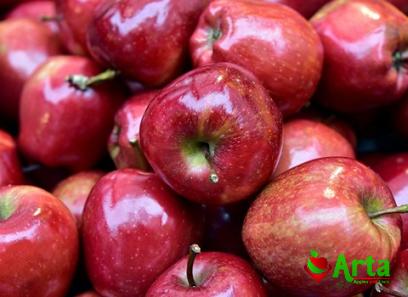
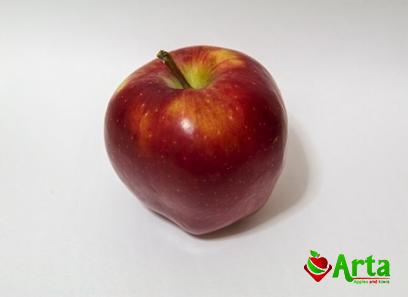
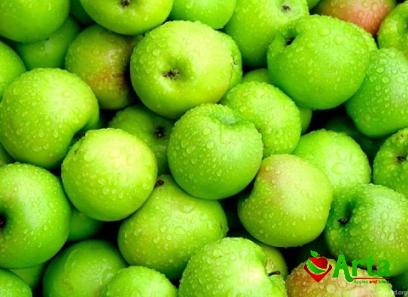




Your comment submitted.